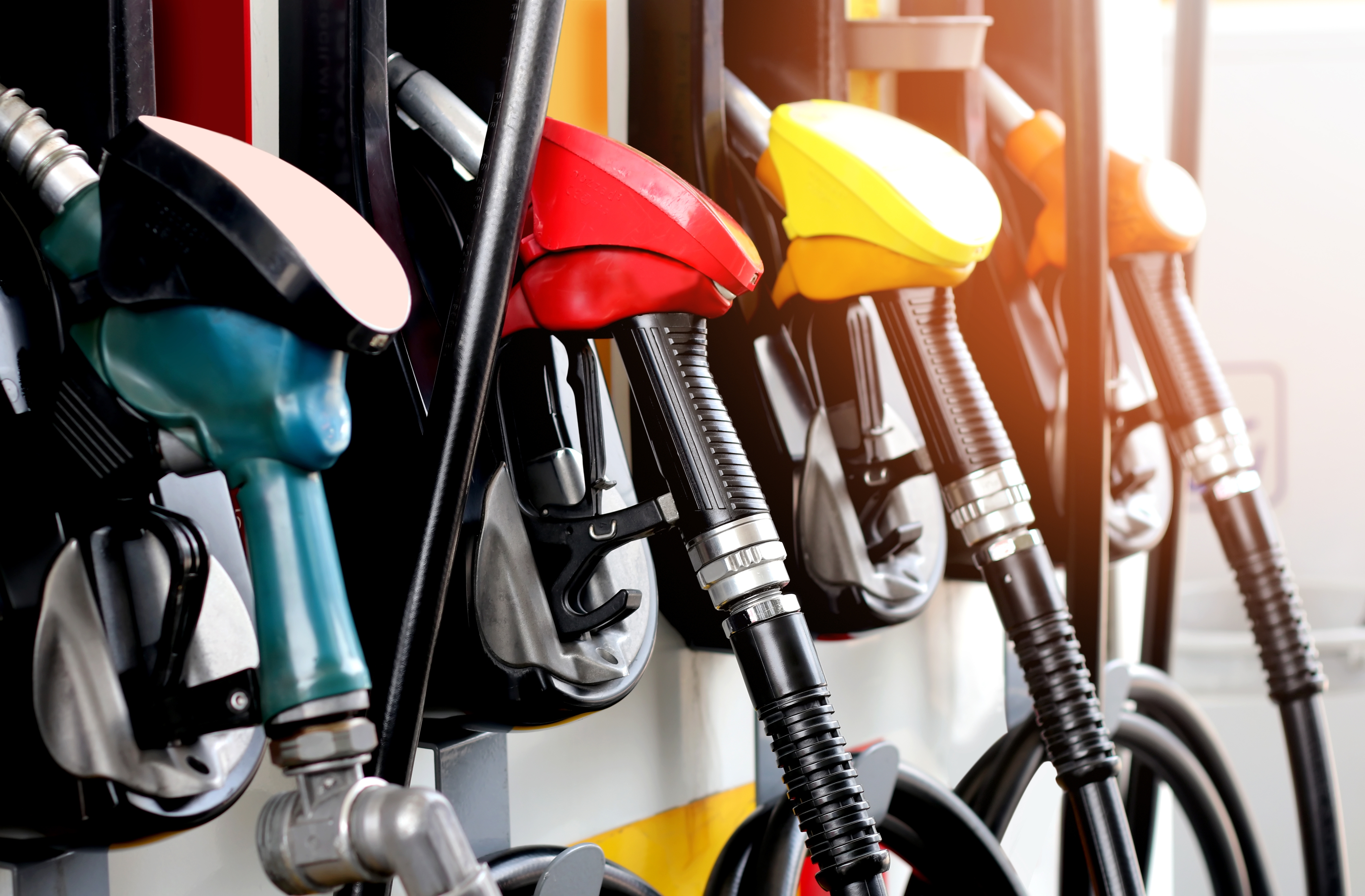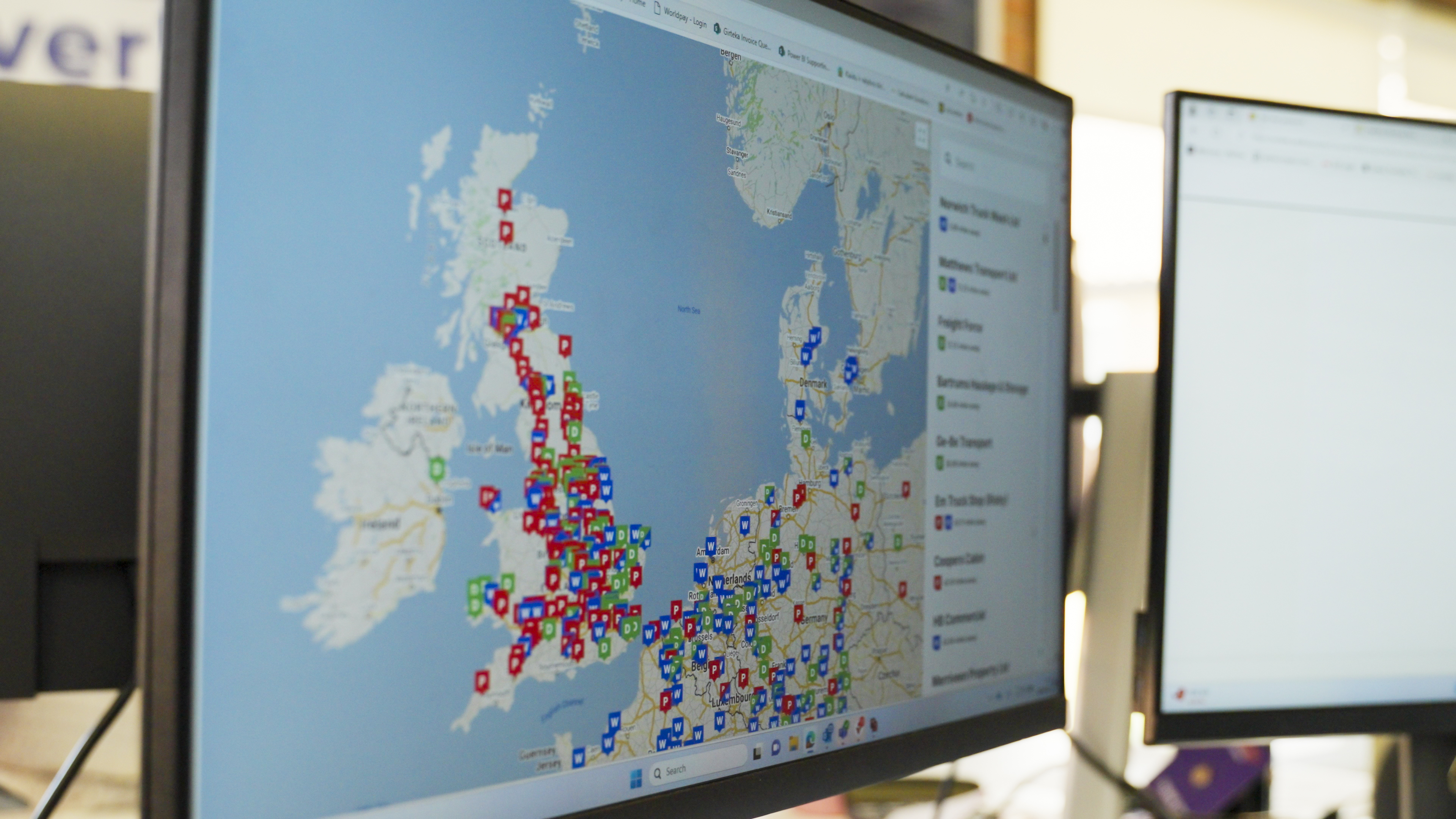
Miranda Blake
Cardurile de combustibil în transporturi - cum simplifică SNAP viața flotei
Creat: 20.11.2024
•
Actualizat: 20.11.2024
Nevoia de soluții eficiente [de gestionare a flotei] (https://snapacc.com/fleet-operators/) nu a fost niciodată mai critică. SNAP Account este o alternativă puternică la cardurile de combustibil tradiționale, oferind o platformă cuprinzătoare și ușor de utilizat care simplifică plățile și sporește eficiența operațională. Prin abordarea punctelor cheie de durere, cum ar fi controlul costurilor, sarcina administrativă și satisfacția șoferilor, deschidem calea pentru o nouă eră în gestionarea flotelor.
Soluție de plată cuprinzătoare
Contul SNAP este o soluție de plată pentru flote, care revoluționează modul în care șoferii gestionează diverse cheltuieli. Utilizând doar numărul de înmatriculare al vehiculului, aceștia pot plăti pentru o gamă largă de servicii, inclusiv:
- Parcare: Accesul la peste 380 de parcări dedicate camioanelor din întreaga Europă asigură că acestea au întotdeauna un loc sigur și securizat pentru odihnă.
- Spălătorii: Cu mai mult de 230 de facilități disponibile, menținerea vehiculelor curate este fără probleme.
- Carburant: Șoferii pot realimenta la stațiile partenere, simplificând operațiunile.
- Taxele de trecere a frontierei: Plățile automatizate pentru taxe de trecere elimină nevoia de a gestiona numerar.
Reducem semnificativ sarcina de a purta mai multe carduri sau numerar, deoarece software-ul nostru consolidează aceste plăți diferite într-un singur sistem.
Administrare simplificată
Pentru managerii de flote, sarcinile asociate cardurilor de combustibil pot fi copleșitoare. Din fericire, SNAP Account simplifică aceste procese în mai multe moduri:
- Factura unică: Toate tranzacțiile sunt compilate într-o singură factură, reducând drastic birocrația și cheltuielile administrative.
- Ținerea automată a înregistrărilor: Această caracteristică simplifică raportarea fiscală și gestionarea financiară, economisind timp prețios.
- Gestionarea camioanelor: Există posibilitatea de a adăuga cât mai multe vehicule necesare și de a le grupa în funcție de tip sau destinație.
O astfel de automatizare și centralizare asigură faptul că managerii de flote se pot concentra asupra deciziilor strategice, mai degrabă decât să se blocheze în birocrație.
Control îmbunătățit al costurilor
SNAP Account oferă instrumente puternice pentru optimizarea cheltuielilor:
- Limite de cheltuieli: Managerii de flotă pot stabili restricții și autoriza achiziții, asigurându-se că cheltuielile rămân în limitele bugetului.
- Reduceri: Tarifele exclusive de la stația noastră de carburanți parteneră, Certas Energy, permit economii semnificative.
- Taxe de instalare zero: Spre deosebire de sistemele tradiționale de carduri de combustibil, nu există taxe inițiale de instalare sau de abonament, ceea ce facilitează începerea activității.
- Fără taxe ascunse: Eliminăm suprataxele impuse de obicei de companiile de carduri de combustibil pentru serviciile din stațiile de camioane, asigurând transparența prețurilor.
Aceste caracteristici permit companiilor să își gestioneze eficient cheltuielile cu combustibilul și serviciile, conducând la îmbunătățirea profitabilității.
Sunteți interesat de modul în care alții beneficiază de SNAP? Citiți studiul nostru de caz.

Beneficiile șoferului
Contul SNAP este conceput cu gândul la șofer, oferind numeroase avantaje care îmbunătățesc experiența acestuia pe șosea:
- Plăți simplificate: Uitați de jonglarea cu mai multe carduri sau numerar. Simplitatea de a utiliza doar plăcuța de înmatriculare a vehiculului pentru tranzacții schimbă regulile jocului.
- Rețea extinsă: Cu acces la peste 600 de parteneri de servicii din întreaga Europă, aceștia pot găsi cu ușurință serviciile de care au nevoie.
- Capacitate de rezervare în avans: Aplicația intruck permite rezervarea ușoară a locurilor de parcare pentru camioane, asigurându-se că șoferii își pot asigura locurile în avans.
Simplificând viața pe șosea, sporim eficiența flotei și satisfacția șoferilor, ceea ce ne face alegerea preferată a multor operatori.
Securitate și prevenirea fraudei
Într-o industrie în care securitatea este primordială, SNAP Account încorporează mai multe caracteristici robuste pentru a proteja activele flotei:
- Placi de înmatriculare înregistrate: Fiecare tranzacție se bazează pe o placă de înmatriculare înregistrată, ceea ce garantează că numai personalul și vehiculele autorizate pot efectua plăți.
- Controale ale cheltuielilor: Managerii pot stabili limite, reducând riscul de utilizare abuzivă.
- Opțiuni de parcare securizată: Multe locații partenere oferă caracteristici de securitate îmbunătățite, asigurând liniștea șoferilor.
Aceste măsuri lucrează împreună pentru a crea un mediu sigur pentru operațiunile flotei, protejând atât vehiculele, cât și finanțele.
Evoluția cardurilor de combustibil
Cardurile de combustibil au fost o piatră de temelie a gestionării flotelor de ani de zile, dar cardurile de combustibil tradiționale vin adesea cu taxe ascunse, opțiuni de servicii limitate și procese administrative greoaie. În schimb, SNAP Fuel abordează aceste neajunsuri, oferind o soluție modernă și cuprinzătoare care răspunde cerințelor managementului contemporan al flotei.
Principalele diferențe între SNAP și cardurile standard de combustibil

Mărturii ale clienților
Vă întrebați cum au beneficiat alții de contul SNAP? Iată ce au de spus unii operatori de flote:
- Fenwick Haulage: "SNAP a transformat operațiunile noastre. Nu ne mai chinuim cu chitanțele; șoferii noștri își folosesc pur și simplu talonul. A schimbat regulile jocului."
- L Cunningham & Daughter Haulage: "Flexibilitatea oferită de SNAP a fost inestimabilă. Șoferii noștri pot parca fără să-și facă griji cu privire la plățile în avans, iar facturarea este fără probleme."
- Wincanton: "Ușurința de utilizare este de neegalat. Șoferii noștri pot rezerva locuri de parcare și pot plăti fără a avea nevoie de numerar sau carduri, ceea ce le simplifică mult munca."
- Jack Richards: "SNAP ne-a îmbunătățit eficiența și a redus semnificativ costurile. Este un instrument esențial pentru flota noastră."
Dacă doriți să culegeți roadele pentru operațiunile flotei dumneavoastră, contactați-ne la numărul de telefon +44 (0)1603 777242.


